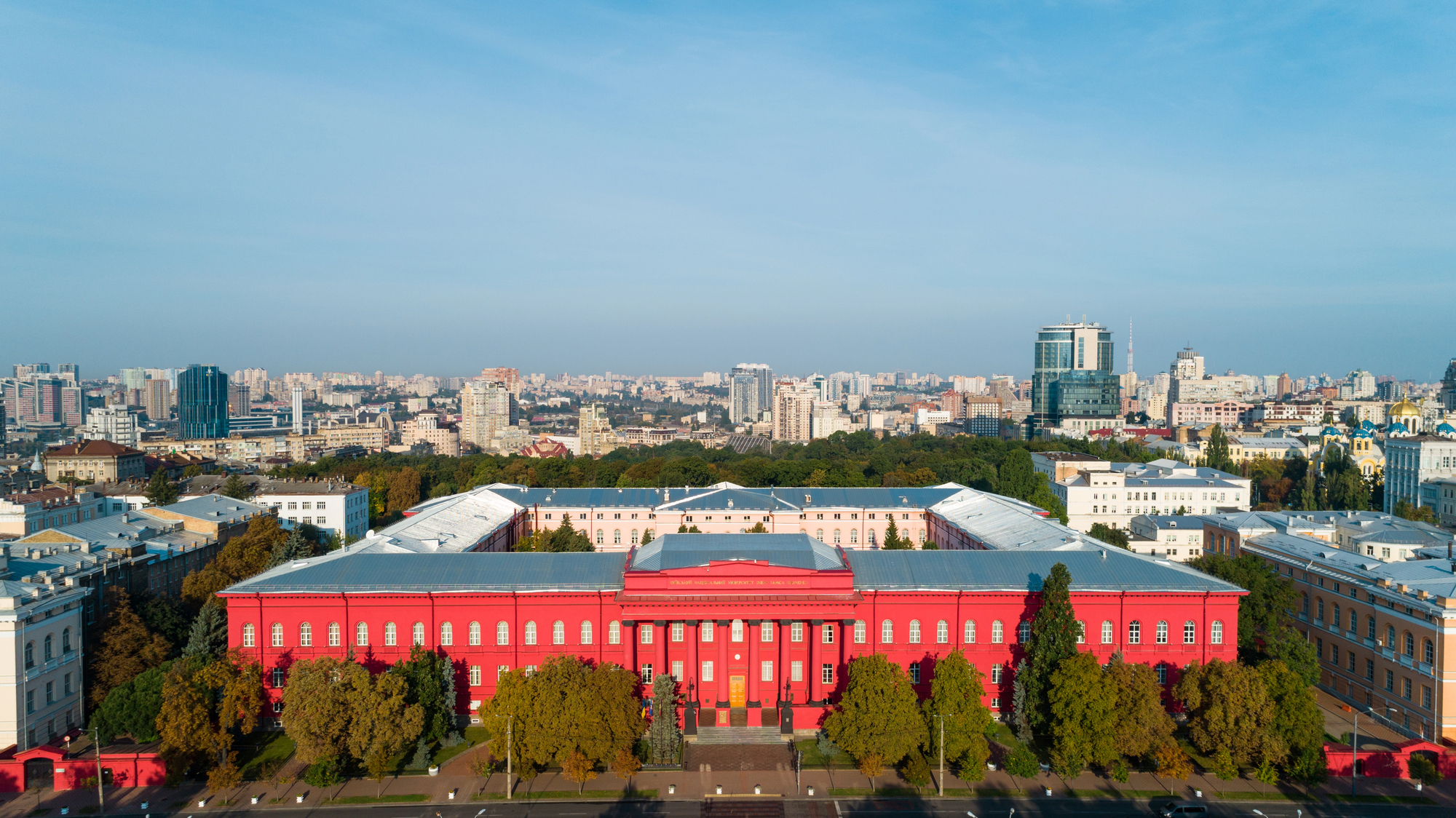Recently, Wizz Air announced that it may have to leave Ukrainian market, due to recent regulation of State Aviation Service of Ukraine No. 686 (the “Regulation”), registered by the Ministry of Justice but not yet officially published. There are a number of provisions in the Regulation of questionable policy value (for the related discussion please see [1] and also [2]), significantly limiting competition on the market and imposing higher burden on smaller airlines. The post, however, addresses the issues faced now by foreign airlines, and related implications for the market.
One of the principal reason for the public outrage is Section 2.2 of the Regulation, which provides that in order to be granted the right to serve scheduled or charter international routes the airline must be locally controlled, i.e. more than 50% of their capital must be owned or controlled, directly or indirectly, by Ukrainian citizens or the state of Ukraine. The requirement is significantly stricter than the pre-requisites for granting license to local operators and thus qualifying them as Ukrainian carriers. For this purpose (see part 4 of article 93 of the Air Code of Ukraine), it would be sufficient if more than 50% of the charter capital of the applicant be owned by state of Ukraine, Ukrainian individuals or even Ukrainian entities, whether or not the latter are ultimately controlled from abroad.
In addition to the local effective control requirement, the Regulation further states that designated routes may be served by several airlines based on so-called “commercial arrangements, provided, however, that the participating airlines are authorized to operate particular air route. One further qualification requirement is the obligation to operate local air service within 12 months immediately preceding the date of the application.
The new rules presumably do not have retrospective effect. Thus, airlines already authorized to operate a particular flight may continue doing so until their permit expires. The new qualification requirement would only be relevant once they apply for the new permit. This is particularly important for charter flights, the authorization for which under the new Regulations is valid for 6 months. The existing rights may also be lost if the effective control over the airlines transfers to non-qualifying persons.
Unless saved by applicable international treaties, the direct implication of the new rules for foreign airlines is that in the future they should either leave the Ukrainian market or create a joint venture in Ukraine giving majority control over it to the local partners. After doing so, the new entity would need to operate local fights, whether or not it is commercially advantageous. This is the exact point of the most recent statement of Wizz Air – the new rules will not mean exist of the company from the market, but will block opening new routes.
The key principal of international aviation is complete and exclusive sovereignty of the state over the airspace above its territory. This was confirmed by Paris Convention of 1919 and reconfirmed by Chicago Convention of 1944, to which Ukrainian is a party. In particular, article 6 of the Chicago Convention provides that no international air service may be operated over or into territory of another state, except with the special permission or other authorizations of that state, and in accordance with the terms of such permission or authorization. Significantly more relaxed regime the Chicago Convention provides for non-scheduled flights, which, it is generally understood, include under Chicago Convention also charter flights.
Thus, in absence of bilateral agreements, Ukraine has a right to limit operation of scheduled international flights by any and all foreign airlines. The Ukrainian legislator, however, in drafting Air Code of Ukraine, decided against the prohibition. Instead, foreign airlines are granted the right, subject to compliance with certain requirements, to receive, based on a special permit, the right to operate scheduled international flights to and from Ukraine, scheduled flights within Ukraine, and international and domestic charter flights. The authorization may be granted to foreign carrier if (i) Ukrainian carriers enjoy the same rights in the country of the airline’s nationality (i.e. principle of reciprocity), (ii) the routes may not be served as part of the existing scheduled flights or by Ukrainian carriers (applies to authorization for non-scheduled flights), and (iii) this would comply with Ukrainian legislation. Moreover, Ukraine has bilateral intergovernmental agreements with most its trade partners, which softens the problem.
However, the latter norm is still the catch. The State Aviation Service is authorized to issue regulations, and, save where the treaty provides otherwise, foreign airlines are granted special rights only where they comply with regulations. What if they are discriminatory? Apparently it is in order to have technical defense against such accusations that the regulator subjected to the new rule both foreign and local airlines. It is obvious, however, that irrespective of the nationality of the airline may be complied with only by locally controlled entity or joint venture with Ukrainians holding majority stake.
The minimum local ownership test such as the one introduced by the regulator are unique neither in Ukraine nor abroad. They may apply to ownership of land, mass media, etc. The purpose of the restriction, though, is usually not to prevent entry of foreign players, but to fully subject them to local regulatory regime, by forcing to operate through locally incorporated entity. In addition, there are usually strong policy considerations for the requirement, and the limitation, however severe, is set by the legislator rather than a ministry or aviation agency, with no legislative powers. In addition to the lack of necessary regulatory power, the principal reason for this is that the actions of the regulator aimed at or resulting in the limitation of competition are likely to fall under definition of anti-competition actions, prohibited by law.
Attention
The author doesn`t work for, consult to, own shares in or receive funding from any company or organization that would benefit from this article, and have no relevant affiliations



